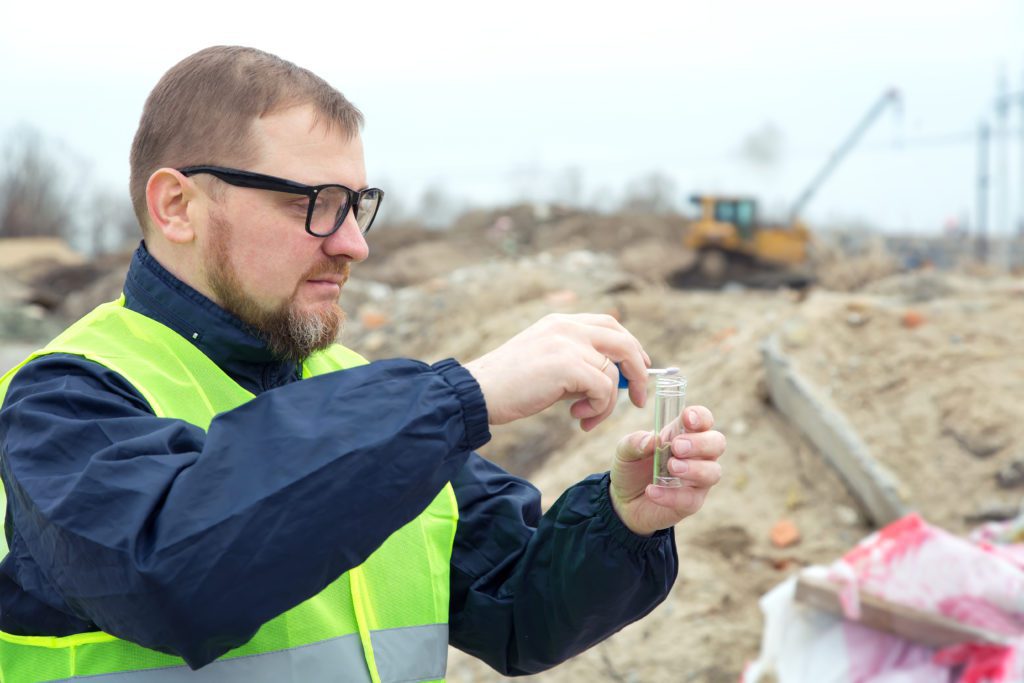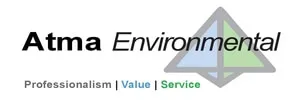For DA’s & Victorian Government Building Blocks Grant Applications
There are two Victorian School Building Authority (VSBA) Building Blocks Grant streams, Building Blocks Grants – Inclusion and Building Blocks Grants – Capacity Building. To be successful in either stream, you must obtain a ‘Soil Hygienist Report’ from a VSBA-Approved Technical Consultant like Atma Environmental.
VSBA Building Blocks Grants – Inclusion Stream
This stream provides funding to not-for-profit kindergartens to upgrade early childhood buildings and facilities (including playgrounds and outdoor shade sails), and purchase equipment to provide safe and more inclusive environments for children of all abilities.
The inclusion stream is annual and time sensative. Current applications close on the 22nd of September 2025.
We recommend that Soil Hygienist Reports for this stream are commenced as soon as possible to ensure they are completed before the grant application deadline.

VSBA Building Blocks Grants – The Capacity Building Stream
This provides government funding for projects that create additional kindergarten places for 3 and 4-year-olds to build new, or to expand existing infrastructure for Childcare in Victoria. Funding for these grants is ongoing, and applications are assessed periodically through the year.
If you need a soil hygienist report for the Early childhood Capacity Building Blocks Grants scheme, talk to Atma Environmental.
We have completed more than 100 Soil Hygienist Reports in support of Building Block Grants, including for the VSBA itself, large multi-centre organisations, landscape designers and childcare operators. We can provide a desktop review of past site history plus a soil investigation with analysis for contaminants, done to required government standards. We are ACLCA Qualified and are a VSBA-Approved Technical Consultant.
What is a Soil Hygienist Report?
A Soil Hygienist Report is required for any project that disturbs the soil to determine the suitability of the site with regard to ecological and human health guidelines. It is important that a qualified environmental professional is engaged to provide a Soil Hygienist Report; it is different from a geotechnical soil report and cannot be conducted by a geotechnical firm.
A soil hygienist report is sometimes called: a soil assessment summary report, a soil contaminant testing report, a soil contamination report, a contaminated soil report, a soil hygiene report, an environmental soil report, a soil contaminant report, a soil test for contaminants, or a soil contamination testing report.
Once a test is conducted, if contaminated soil is identified above the levels specified for the intended use as an early learning centre, recommendations for a soil management plan must be developed and provided as part of your grant application.

Soil Hygienist Reports must:
- be performed by a qualified environmental professional
- align with standards such as the National Environmental Protection (Assessment of Contaminated Sites) Measure (NEPM)
- involve a desktop review of past site history and soil investigation samples for analysis of contaminants with particular focus on where project soil works are proposed
- compare contamination results against NEPM human health and ecological investigation levels as well as Victoria EPA Industrial Waste thresholds
- include a statement to indicate if the site is suitable for the intended use as an early learning centre and/or potential project risks
- specify if contaminated soil is identified above the levels specified for the intended use as an early learning centre
Talk to Atma Environmental About a Soil Hygienist Report.
With more than 37 years experience and hundreds of soil hygeinist reports completed, we will get you the best possible outcome for your project in the most cost effective and time efficient manner possible.
FAQ’s About Soil Hygienist Report for VSBA Building Block Grants
Will The Testing Disrupt The Centre?
The soil testing can typically be performed in less than half a day and will create minimal disturbance, with only hand tools used (no noise) and the small boreholes backfilled and made safe upon completion. We can schedule the work to suit your needs and we can work while the centre is in operation. All Atma Environmental staff attending early learning centres have Working With Children Checks.
How Long Does It Take?
You should allow approximately two to three weeks to complete a Soil Hygienist Report, subject to your choice of analysis turnaround time options and our workload at the time of engagement. Additional time may be required if contamination is identified or suspected (see below for more information).
How Much Does It Cost?
The cost can vary slightly based on site specifics, including the site location, size, access limitations etc, we will provide a site-specific proposal upon request.
What If Contamination Is Found?
If contaminated soil is identified above the levels specified for the use as an early learning centre, a Soil Management Plan (SMP) must be developed for safe management or removal and disposal of the contaminated soil. The SMP must also be provided as part of your grant application.
How to Proceed?
We recommend that Soil Hygienist Reports are commenced as soon as possible to ensure they are completed before the grant application deadline.
Categories of VSBA Capacity Building Grants Requiring A Soil Hygienist Report
- Integrated Children’s Centre: These grants provide funding for new community hubs, bringing together a range of professional services to deliver education, care, health and support to children and their families.
- New Early Learning Facility: These grants provide funding for new kindergartens that will offer high-quality early learning for 3 and 4-year-olds.
- Modular Kindergarten Buildings: These grants cover the full cost of high-quality modular buildings. They can be available quickly to meet urgent demand for kindergarten places. They are relocatable, and their quick delivery reduces safety risks, construction time and costs.
- Expansion: These grants provide funding for projects to increase the licenced capacity of kindergartens offering programs for 3 and 4-year-old children.
- Buildings and playgrounds: These grants fund infrastructure upgrades to make kindergarten activities safer, more inclusive and accessible to children of all abilities.




 Get a Quote
Get a Quote